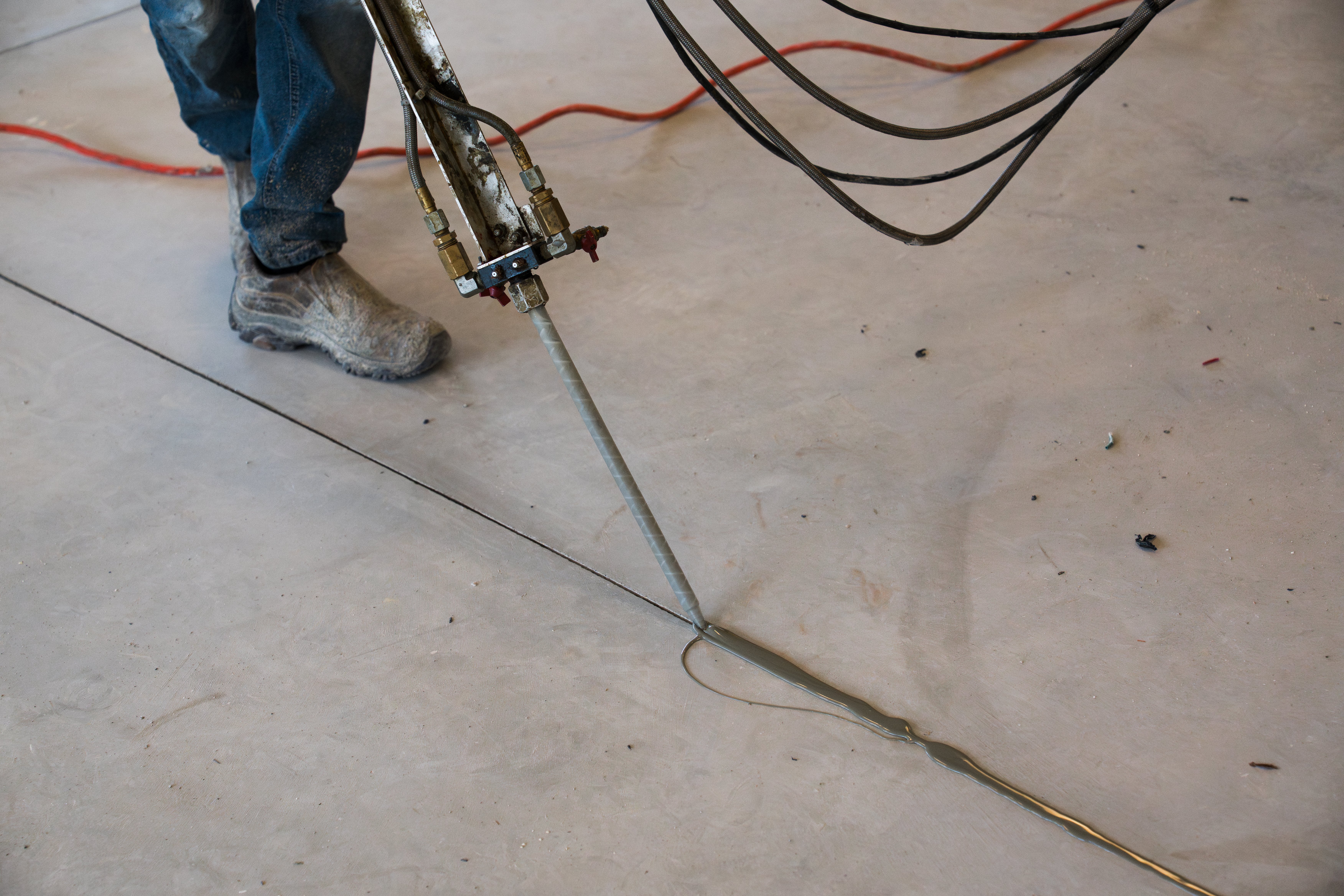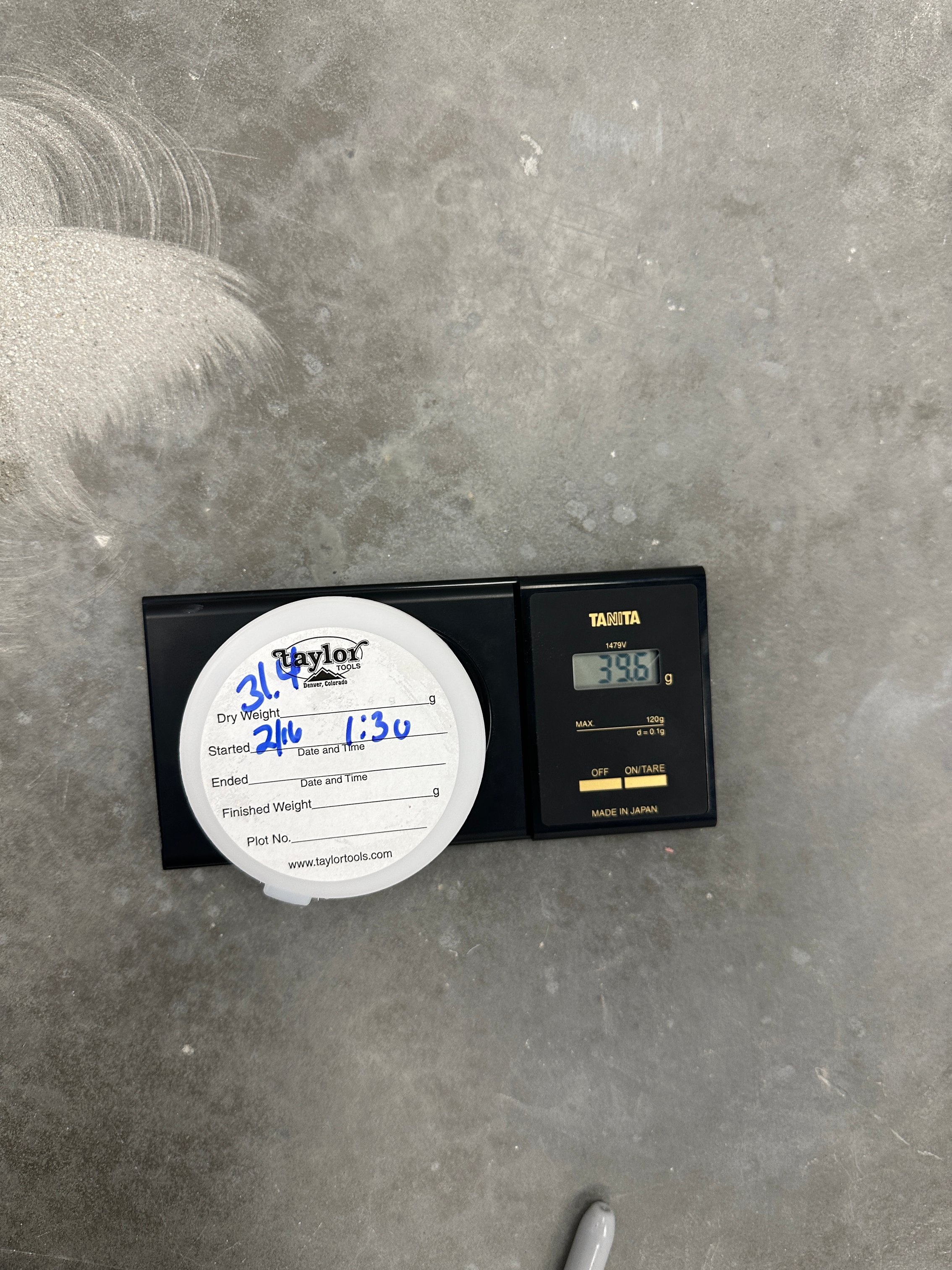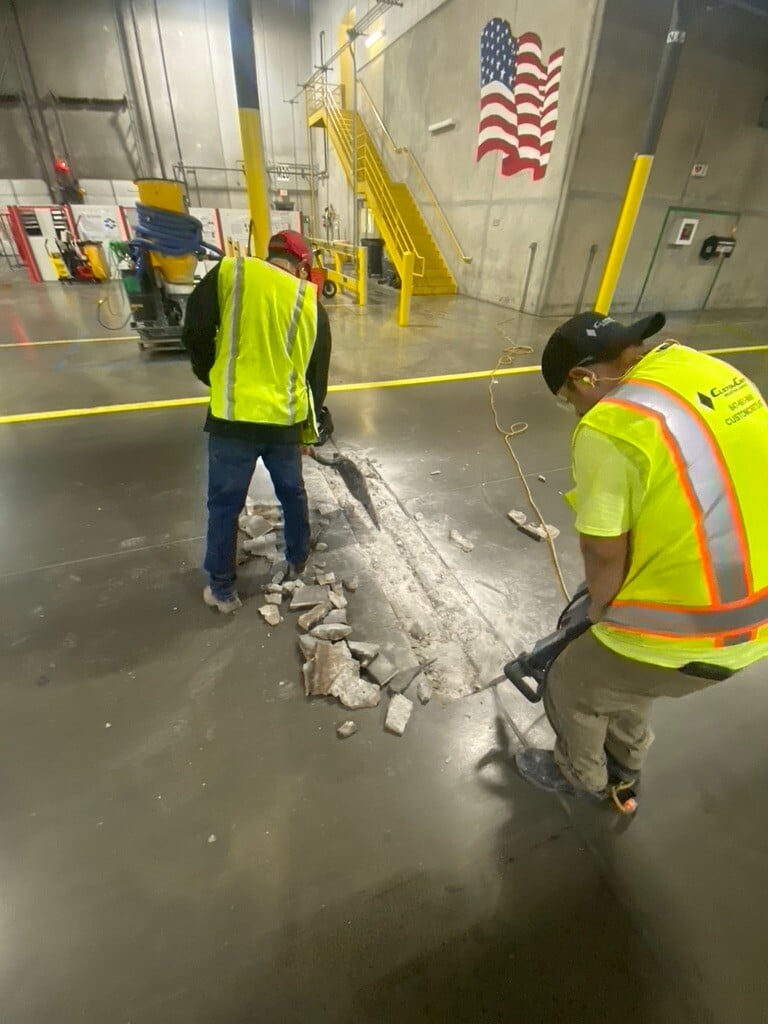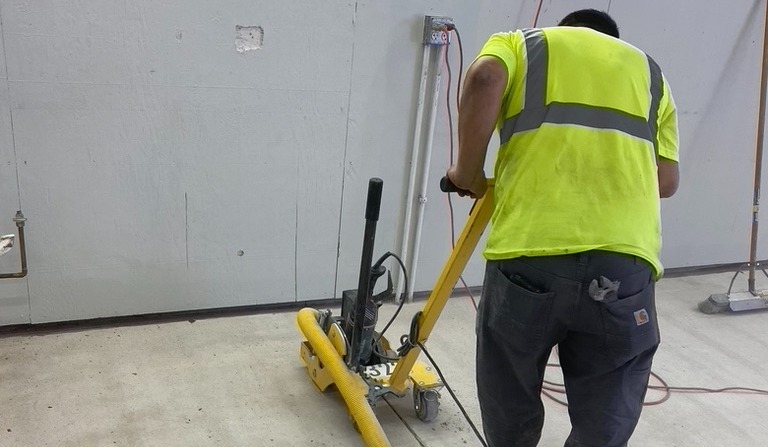
When planning a new flooring project, most business owners and facility managers focus on the cost of materials and installation—but one critical piece often overlooked is surface preparation. Whether you're installing epoxy, polished concrete, or urethane cement, proper prep work is essential for long-term performance. And it comes with its own costs.
So how much should you budget to prep a concrete slab? The answer depends on several factors, from the condition of your existing floor to the type of system being installed. In this guide, we’ll walk through what goes into prep work, break down the typical price range, and share tips on managing costs effectively.
At CustomCrete, we’ve helped clients throughout Chicago understand how to prep for concrete slab installations—and what it means for their timeline and budget. Here’s what you should know before starting your next project.
What Does Concrete Prep Involve?
Concrete preparation includes all the steps necessary to make a floor ready for coating, polishing, or overlay. A strong foundation ensures that your finished floor bonds properly, lasts longer, and performs as expected.
Common prep tasks include:
- Cleaning: Removing dust, grease, oils, adhesives, or coatings
- Mechanical Grinding or Shot Blasting: Profiling the surface for better adhesion
- Crack and Joint Repair: Filling gaps or damage to restore evenness
- Coating Removal: Remove any damaged coating.
- Concrete Surface Profile: Assess the surface of the current concrete.
- Moisture Testing and Mitigation: Checking for vapor emissions and applying MVBs if needed
- Surface Leveling or Patching: Correcting dips, heaves, or uneven areas
Each of these steps adds time, labor, and cost—but skipping them leads to coating failure, delamination, or premature cracking.
What is the Concrete Surface Profile?
The Concrete Surface Profile (CSP) refers to the texture or roughness of the concrete after it’s been mechanically prepared. It plays a critical role in how well coatings bond to the surface. CSP levels are ranked on a scale from CSP 1 (very smooth) to CSP 10 (very rough), with the ideal profile depending on the type of coating or overlay being applied.
High-performance systems like epoxy coatings, urethane cement, or moisture vapor barriers typically require a more aggressive CSP—generally between CSP 3 and CSP 5—to ensure proper mechanical adhesion. This often involves shot blasting, scarifying, or diamond grinding. On the other hand, polished concrete applications might start with coarse grinding but require progressively finer grits to reach a smooth, reflective finish. Even with polishing, early stages of preparation must meet specific CSP standards to avoid adhesion issues if densifiers, sealers, or dyes are part of the system.
Skipping or misjudging the appropriate CSP can lead to costly failures such as delamination, bubbling, or poor wear performance. That’s why surface prep isn’t just about cleaning—it's about creating the right texture for success.
Average Cost Range for Concrete Surface Prep
The cost to prep concrete typically ranges from $1.50 to $5.00 per square foot, depending on the floor’s condition and the level of preparation required. Here’s a general breakdown:
- Scrubbing and cleaning: $0.10-$0.30
- Grinding: $0.75-$1.5
- Shotblasting: $0.50-$1
- Scarifying: $1-$3
- Coating removal: $1-$3
- VCT or carpet and glue removal: $1-$2
For a 5,000-square-foot commercial space, that means your prep costs could range from $7,500 to $25,000, depending on floor condition and project requirements.
Factors That Influence Cost
Several variables impact how much you'll pay for concrete prep, and understanding them upfront can help you better estimate your total project cost and avoid surprises.
1. Existing Floor Coatings
The more damaged or dirty the surface, the more time and material it will take to get it ready. Older floors with coatings, glue residue, or moisture problems are more expensive to prep.
2. Desired CSP (Concrete Surface Profile)
High-performance coatings like epoxy or urethane cement require a more aggressive surface profile. Polished concrete may need several rounds of grinding to meet the desired finish.
3. Accessibility
Tight corners, obstacles, or active operations increase labor time and complexity.
4. Size of the Space
Larger, open spaces are generally more efficient to prep. \
5. Time Constraints
Rush jobs or late work require additional crews and extended hours, increasing the cost.

How to Manage Prep Costs Effectively
Understanding the drivers of prep costs is only half the equation—here are some smart ways to keep expenses under control without sacrificing quality.
Get a Floor Evaluation
Start with a professional assessment to understand what your slab actually needs. Some floors may appear damaged but only require light prep, while others have hidden issues that need to be addressed.
Combine Services
If you're already grinding for prep, it may make sense to polish or seal the floor instead of adding a new coating. Discuss hybrid systems with your contractor to maximize value.
Don’t Cut Corners
Skipping prep is the fastest way to waste your flooring investment. Peeling, bubbling, and delamination almost always trace back to poor preparation. Budget for it upfront to avoid costly fixes later.
Schedule During Downtime
Minimize business disruption—and contractor fees—by scheduling work during off-hours or slower seasons.
Final Thoughts
Concrete surface preparation plays a crucial role in any commercial flooring project. While it adds upfront cost, it ensures your final floor looks great, lasts longer, and performs under real-world conditions. By understanding the cost drivers and planning accordingly, you can make smart decisions that balance performance with budget.
If you’re unsure how to prep for concrete slab installation in your facility, CustomCrete can help. Our team provides expert assessments and honest recommendations to help you get the most from your flooring investment.
Ready to get started? Request a quote from CustomCrete today!
Topics:
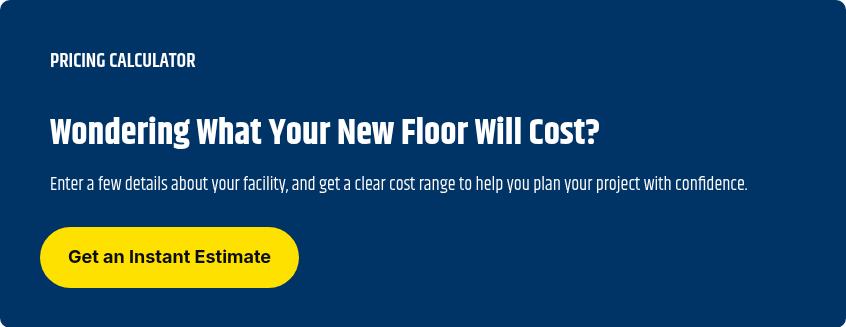






.jpg?width=1200&height=1600&name=Copy%20of%20IMG_1457%20(1).jpg)




